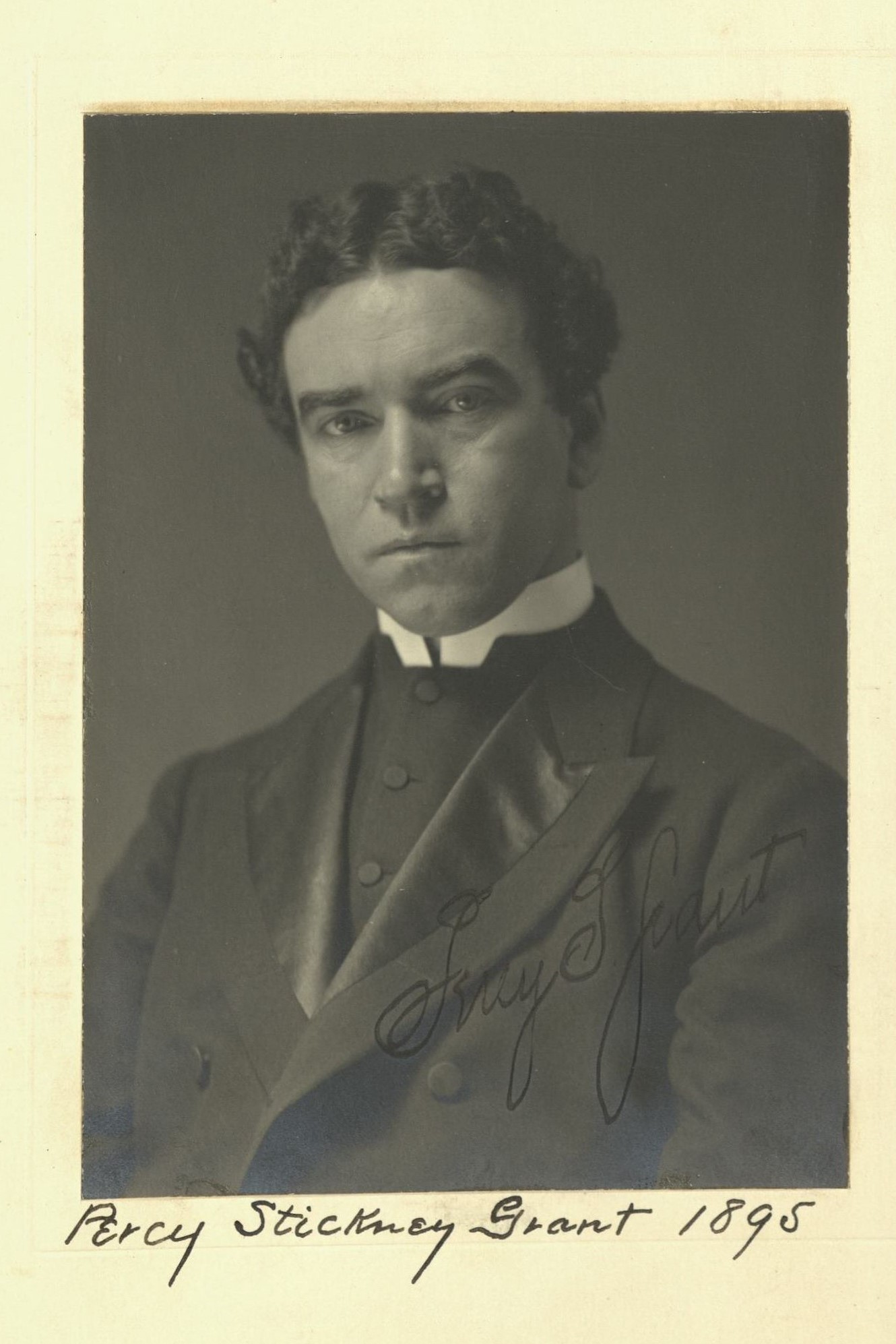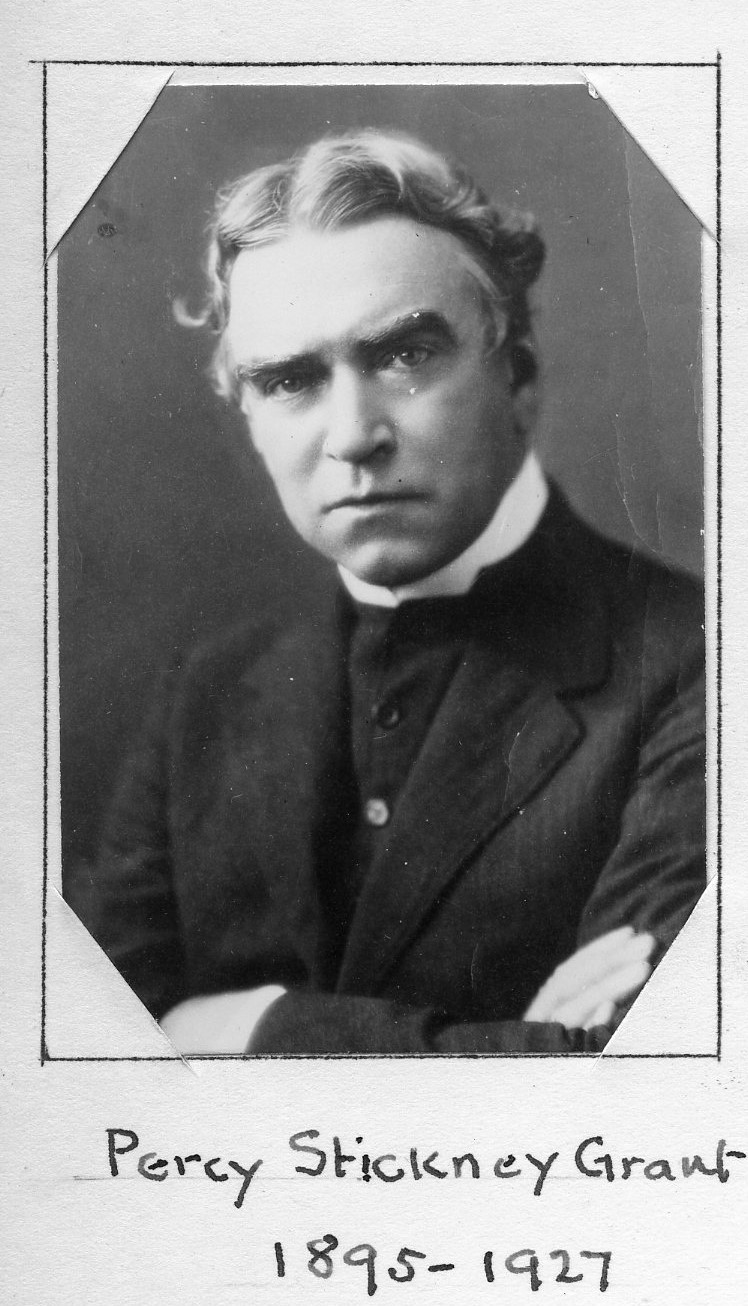Clergyman
Centurion, 1895–1927
Born 13 March 1860 in Boston, Massachusetts
Died 13 February 1927 in Mount Kisco, New York
Buried Forest Hills Cemetery and Crematory , Jamaica Plain, Massachusetts
, Jamaica Plain, Massachusetts
Proposed by Henry A. Oakley and Arthur Brooks
Elected 7 December 1895 at age thirty-five
Proposer of:
Seconder of:
Century Memorial
The career and character of some men cannot be fairly judged except in the light of social and intellectual tendencies of the day. In every class of the community, the last two decades have been a period of cutting loose from old institutions and traditions. Carried to its extreme, this social trend occasionally approaches denial that teachings of the past have any present usefulness. In its less aggressive but more openly persistent form, it challenges the present applicability of rules and principles based on older human experience, and insists on framing a new code of habit, belief and taste constructed to meet new conditions of today.
The new ideas have influenced the attitude of teachers and preachers, great or small; they have influenced even more profoundly the attitude of audiences, whose willing receptiveness to radical proposals quickened the pace both of leader and follower. In his insurgent attitude towards certain beliefs and institutions of his church, Percy Stickney Grant no doubt represented old as well as new tendencies. The challenge to ecclesiastical creed in the light of modern criticism, and to ecclesiastical discipline in the light of modern independence, was disturbing religious organizations long before the challenge to social and political traditions had become the order of the day. But Dr. Grant’s later career as preacher and social organizer was visibly shaped by the drift of popular ideas. Most men of innovating temperament are carried along with the stream which they seem to be directing; those of them who escape a mixture of bad and good in the result are fortunate. Dr. Grant will be most pleasantly remembered for the forcefulness and sincerity with which he urged his own beliefs, and for his sympathy with classes of society that clergymen rarely reach.
Alexander Dana Noyes
1928 Century Association Yearbook


